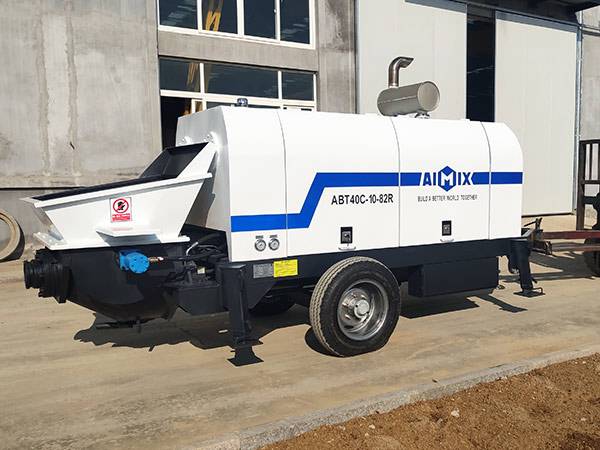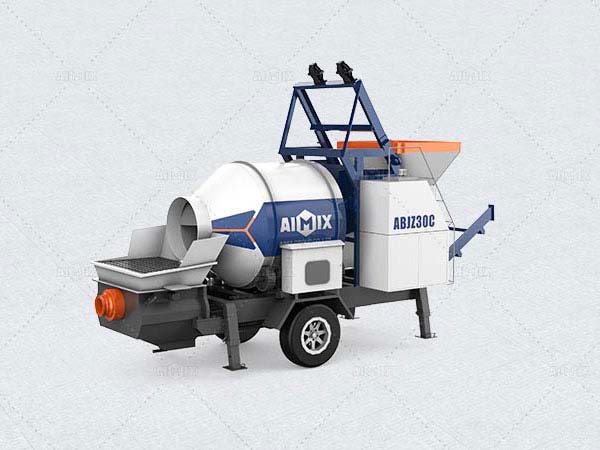
Prevention Strategies for Concrete Pump Clogs
Learn effective strategies to prevent concrete pump clogs, ensuring smooth operations and minimizing costly downtime.


© 2024 Crivva - Business Promotion. All rights reserved.